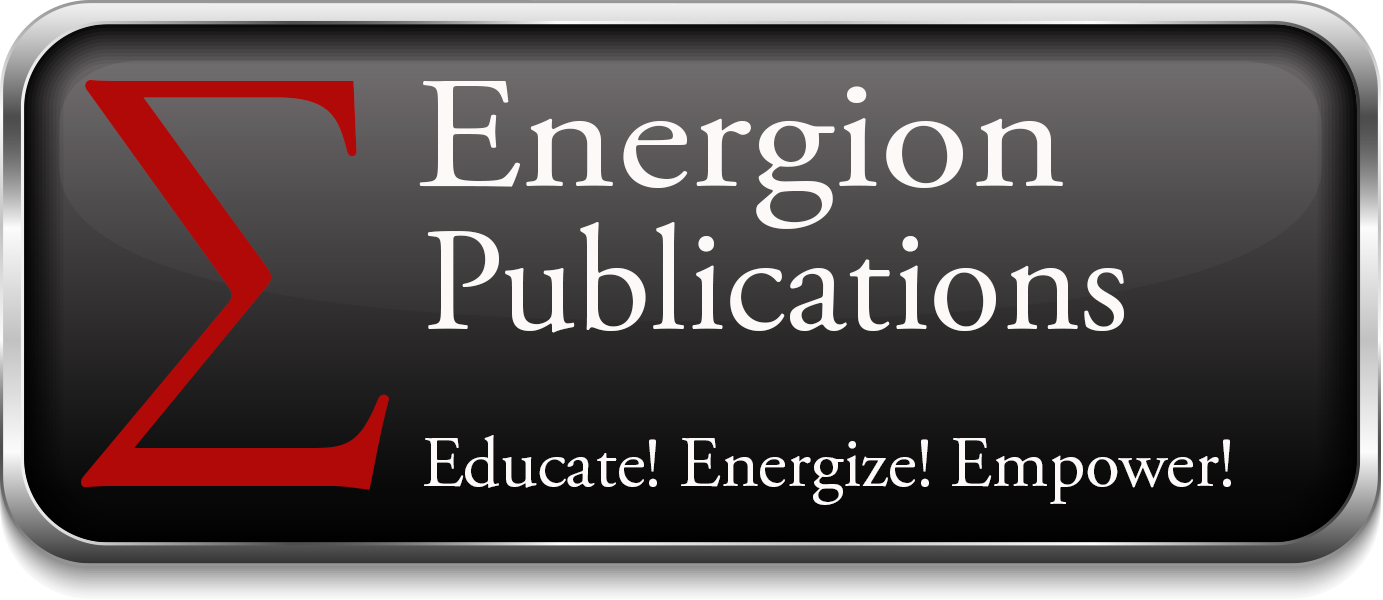Why I Publish Christian Zionist Books
 I’ve posted quite a number of “why I publish” items on this blog, usually because I’ve been asked the question. There is always the simple answer: If it is a currently valid discussion or debate within Christianity (valid being a subjective judgment on my part), and if it falls within our doctrinal statement, it is something I will publish.
I’ve posted quite a number of “why I publish” items on this blog, usually because I’ve been asked the question. There is always the simple answer: If it is a currently valid discussion or debate within Christianity (valid being a subjective judgment on my part), and if it falls within our doctrinal statement, it is something I will publish.
There are two points to add to this. First, Energion Publications is a publishing company, not a church, and its doctrinal statement reflects a content and audience choice, not a final proclamation of what you ought to believe. Second, I am aware of the variety of definitions that can be placed on words in the doctrinal statement, and in fact embrace that variety in discussion.
You might be surprised at some of the things that have raised questions. I am, in fact, delighted that our books do raise questions.
Today I want to take on another topic. Some may be surprised that I’m questioned about this category, though I’ve probably been asked as many questions about this as about any topic. It is: Christian Zionism, or books regarding the Jewish roots of Christianity. These categories are not identical, but the questions are related.
For many in mainline churches support for the Palestinian cause has become an obvious assumption. Palestinians are the underdogs. Their situation is heart-wrenching. It seems clear that the one group of people who can and should fix this are the Israelis. As a result we have various boycotts and divestiture movements, some moving through with very little consideration. This view is tied to Christian theology in terms of love for and caring for our neighbor, in this case our neighbors the Palestinians. When others are in trouble, we should help. Only infrequently does any consideration of the relationship of the church to Israel as a people, to modern Judaism, or to the modern state of Israel enter into this discussion.
We have moved on from the time when western liberal Christians supported Israel because the Jews were our neighbors who were oppressed. By winning a number of wars, the oppressed have become the oppressors, and thus the focus has changed. It is not my purpose to evaluate this change or even to point out questions it might raise.
Any position we take without considering other implications is problematic. I’m not singling this one out from others. For example, I was acquainted once with a strong supporter of Israel as a nation who was almost blind to issues of Christianity in the Arab world. Then she went to Israel and met Palestinians. She came back still a strong supporter of Israel, but she began to discuss explicitly the needs of Palestinians. She incorporated something that had been on the periphery of her thinking into her speaking.
A couple of days ago I finished a final, pre-release read of Meditations on the Letters of Paul by Herold Weiss. Unlike any number of presentations of Paul I have encountered in the past, he didn’t skip lightly over Romans 9-11. I’ve now read his chapter on that multiple times and I’m still not sure precisely where I stand on a number of points, but I am certain that my thinking about Paul has been both broadened and made deeper by this study. Now Weiss is not a Christian Zionist, yet he is also not a supersessionist. And thus we’re introduced into some nuance.
I’m hardly going to cover all these issues, but here are some questions I hope these materials will raise, and cause Christians to take a conscious, prayerful stance.
- Are the Jews still God’s chosen people or have they been discarded? If we believe God has discarded them, what will that do to the way we treat them?
- What about the two covenant view? Can Jews be saved under their covenant with God while Christians have another?
- What about political ideas that are founded in supersessionism or replacement theology? (These ideas treat modern nations as “replacements” for Israel in receiving the promises.)
- Do the promises of the land to Israel require a modern fulfillment, or has their time passed?
- Is modern Israel, the nation, to be seen as a recipient, or potential recipient of God’s promises, or should it be seen as a secular state?
- What does Paul mean when he says, “… all Israel will be saved?” (Rom. 11:26).
- What does Jeremiah 18 mean when he says, “… at another moment I may declare concerning a nation of a kingdom that I will build and plant it, but if it does evil in my sight, not listening to my voice, then I will change my mind about the good that I had intended to do to it”? (Jer. 18:9-10, NRSV).
- Are Jews only saved if they accept Jesus as the Messiah? Do we, as Christians, have the right to comment?
I think these are valuable topics for discussion. When we don’t make our views explicit, it is easy to slide into positions and actions that we do not intend.
Thus the reason I publish these books (or ones that might question or oppose their position) is very much the same as for any other book: Will it challenge Christians to study more deeply and diligently about the topic?
A clear “yes” answer is good enough for me.
— Henry Neufeld, Publisher
[ncsoc_items product_list=” 1938434056, 1893729931, 1631991035″ width=”100″ height=”150″ type=”h” align=”c”]


